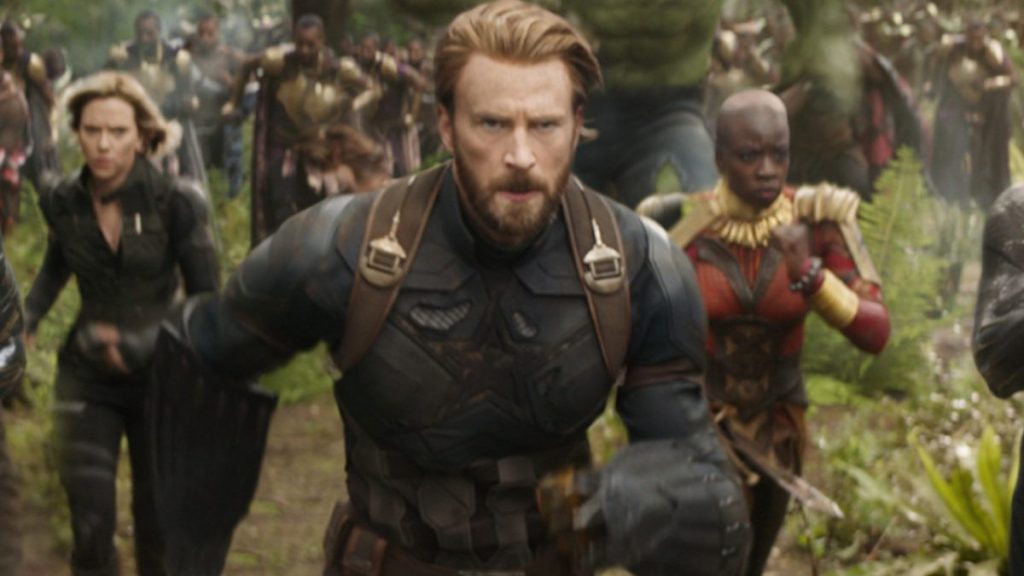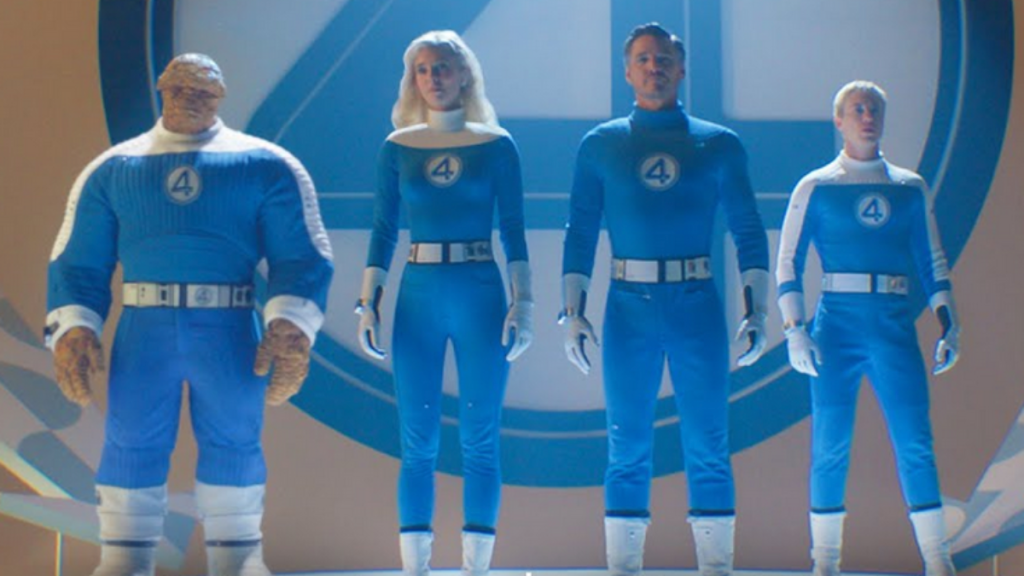The Marvel Cinematic Universe’s future is sure looking a lot like its past. The Fantastic Four: First Steps, for instance, is helmed by WandaVision’s helmer Matt Shakman, and only after it was supposed to be directed by Jon Watts, the man responsible for helming the three Tom Holland Spider-Man movies. Anthony and Joe Russo are back for the next two Avengers installments, while Shang-Chi filmmaker Destin Daniel Cretton is helming Spider-Man: Brand New Day. Meanwhile, rumors are swirling that Thunderbolts* director Jake Schreier is helming the MCU’s X-Men reboot.
Videos by ComicBook.com
Even on the television side of things, Moon Knight and Loki season two directors Aaron Benson and Justin Moorhead are now directors of various season one and two episodes of Daredevil: Born Again, and Cretton is a key figure behind Wonder Man. The MCU is pretty much just relying on a handful of names to realize its projects now (particularly on the big screen), as the studio tries to recapture its former glory. While not an ideal creative approach, this just might be exactly the course correction the MCU needs.
The MCU’s Weird History With Directors

The original Marvel Cinematic Universe Phase One movies hired veterans of filmmaking, like Jon Favreau, Kenneth Branagh, and Joe Johnston, to helm various titles. Even Joss Whedon, who only had one feature-length directorial effort to his name before The Avengers, had at least worked in Hollywood for decades. Phases Two and (especially) Three began a trend of embracing smaller indie directors fresh on the scene who could helm big blockbusters. Jon Watts, Taika Waititi, and Ryan Coogler all came from this approach, while Anna Boden & Ryan Fleck (Captain Marvel) were indie veterans. While the MCU’s default directors were Sundance darlings, the studio often resorted to a small collection of screenwriters to get scripts done.
Christopher Markus & Stephen McFeely, Chris McKenna & Erik Sommers, Patrick Burleigh, Megan McDonnell, and especially Eric Pearson were all longtime fixtures as MCU screenwriters across the first five Phases. Heck, many of them were veterans of the Marvel Studios screenwriter program! They were the perfect go-to people to execute titles that, starting with Phase Four, always featured “A Kevin Feige Production” in the end credits but not “A Jon Watts Film”, “A Jake Schreier Film,” or “A Nia DaCosta Film.” The MCU’s director choices externally reflected “authorship”, but it was clear that Fiege was running the ship and had go-to writers to help realize those visions.
[RELATED: These Are The Only MCU Movies That Lost Money In Their Theatrical Runs]
All of that to say, perhaps it’s best that the MCU finally put down the facade and finally have its choice in directors mirror the franchise’s recurring screenwriters. The scripts for the MCU have always operated more like TV show scripts or the screenplays that would’ve filtered through MGM’s Golden Age. Now the MCU has a reliable stable of directors it can turn to in churning out new projects. Feige likely loves the idea of putting behind him the endless struggles of Julius Onah’s Captain America: Brave New World, Peyton Reed’s Ant-Man and the Wasp: Quantumania, or even Sam Raimi’s tormented return to blockbuster cinema, Doctor Strange in the Multiverse of Madness – just as he quickly tired of trying to juggle the creative whims of veteran filmmakers like Joe Johnston (The First Avenger), Kenneth Branagh (Thor), and even MCU icons like Jon Favreau (Iron Man) and Joss Whedon (The Avengers).
Young Fresh Voices May Now Have Fewer Opportunities To Get Sucked Into The MCU

Ryan Coogler was just a few months shy of 30 when he got hired for Black Panther. Jon Watts just turned 34 when he got the Spider-Man: Homecoming gig. Chloe Zhao was 36 when she was hired for Eternals. By contrast, Shawn Levy was 56 when Deadpool & Wolverine hit theaters, Matt Shakman will turn 50 a few years after First Steps hit theaters, and both of the Russo Brothers are well into their 50s as they gear up to helm Avengers: Doomsday and Secret Wars. The MCU now resorting to recurring directorial talent means that the studio is no longer angling to get fresh-faced Sundance darlings. The franchise is now turning to a small pool of superhero blockbuster veterans to get its projects, especially movies, done right.
For cinema writ large, that decision could be a massive boon. Recent outstandingly talented indie cinema auteurs like A.V. Rockwell, Rich Peppiatt, Shuchi Talati, and countless others may no longer be on the radar of Feige and company. That’ll leave these artists time and resources to create exciting original cinematic visions, rather than getting stuck directing three Iron Fist movies. Look at how much fervent creativity Boden and Fleck channeled into their post-Captain Marvel project Freaky Tales, or how infinitely better Nia DaCosta’s debut feature, Little Woods, is compared to The Marvels. Freaky Tales and Woods are the kind of smaller, original productions indie directors need to be encouraged to create, rather than every one of these artists making the Colin Trevorrow leap from Safety Not Guaranteed to Jurassic World.
Feige and the rest of Marvel Studios’ brass turning to a smaller, pre-determined group of directors to handle its film and TV operations could allow more cinematic artists to follow their own path, rather than getting caught up in the Disney machine. And hey, if Marvel Studios improves its recent cinematic track record by relying on proven talent, that’s just a nice bonus. Though it doesn’t suggest tremendously versatile works are in the MCU’s future, a new emphasis on recurring veteran directors (particularly for films) does seem to be a smart move for both franchise and the greater landscape of cinema.
Thunderbolts* is now playing in theaters, The Fantastic Four: First Steps hits theaters on July 25th.








